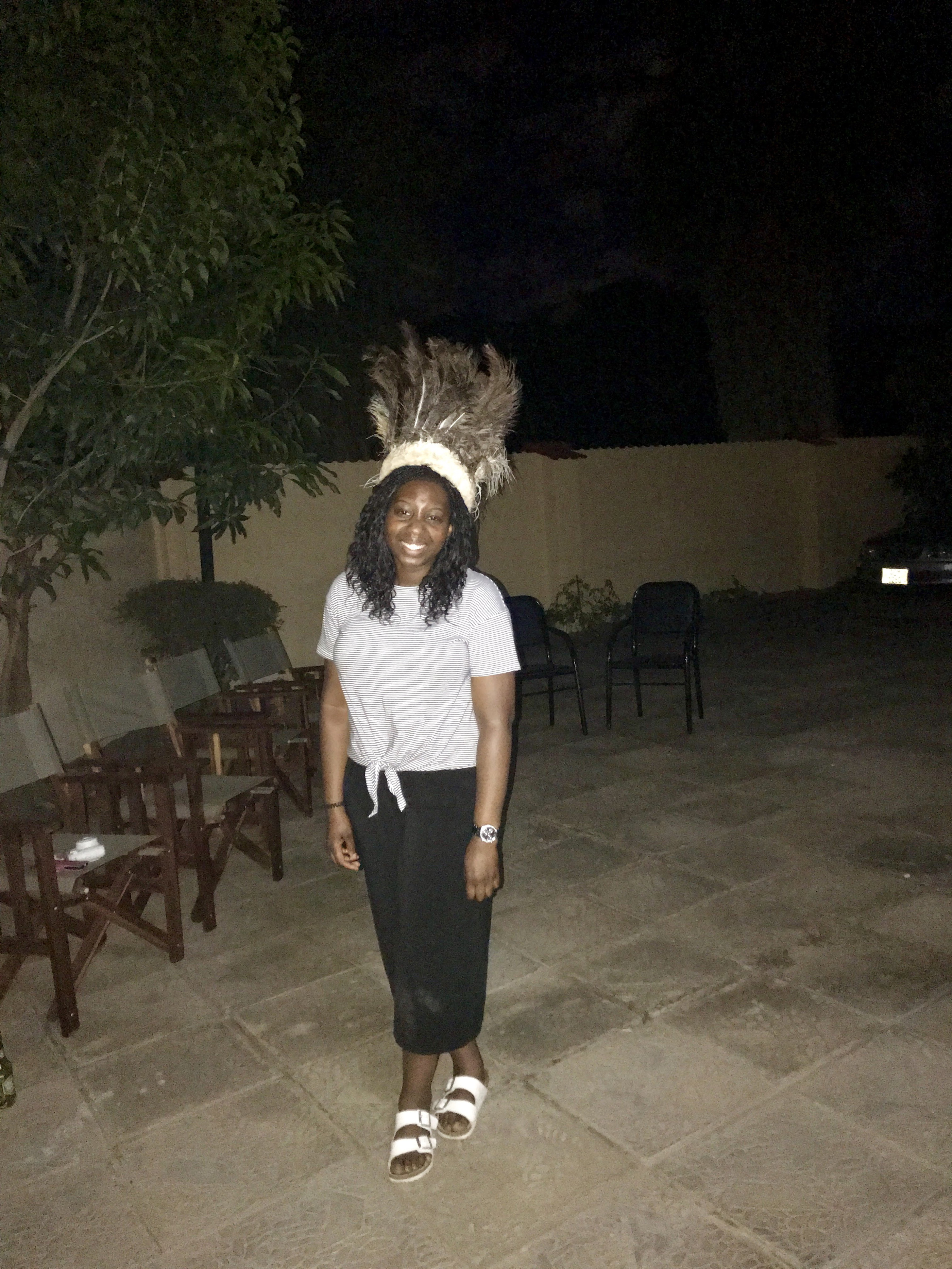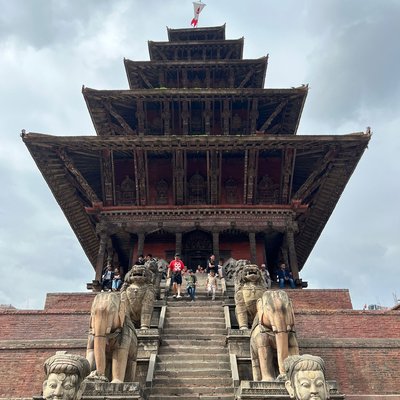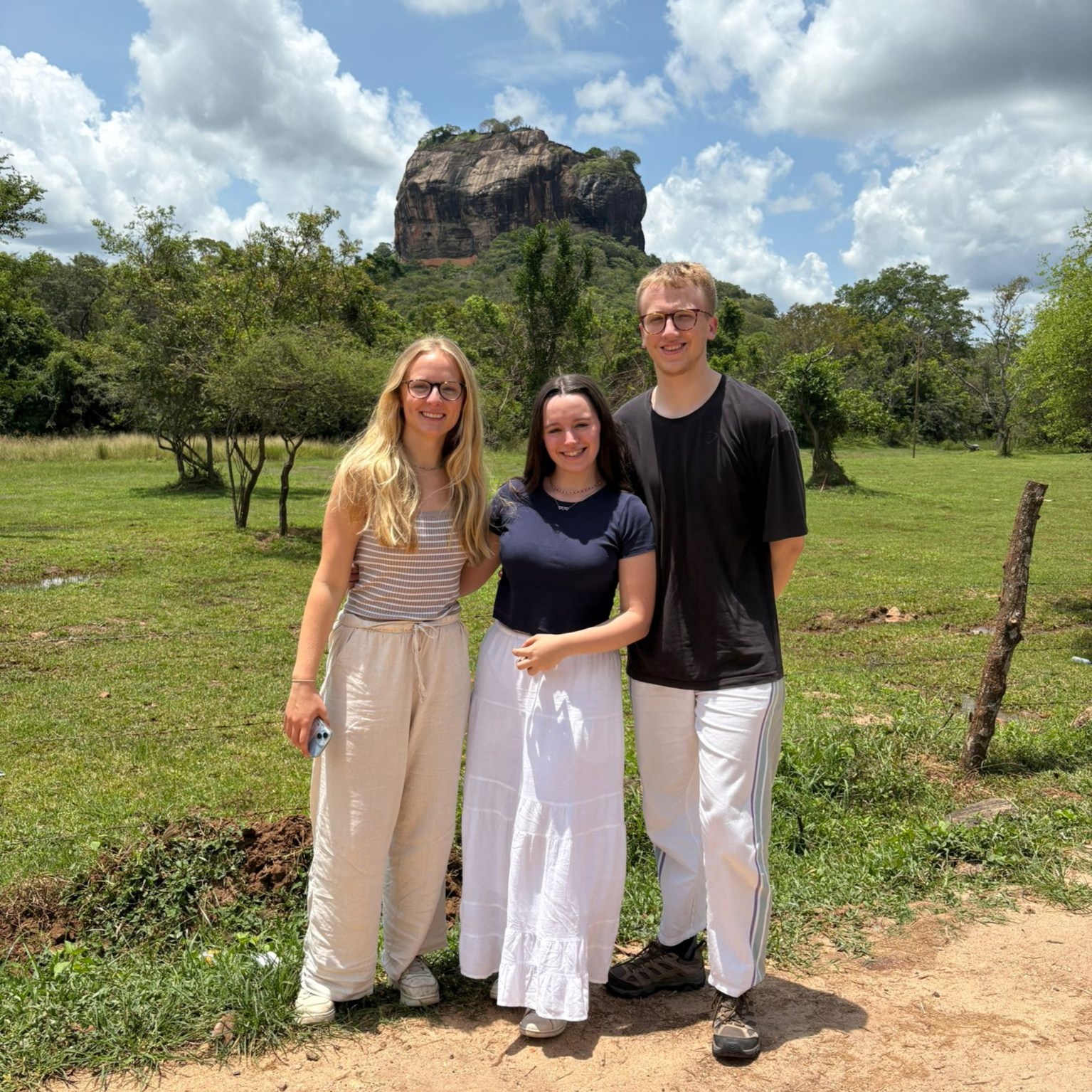Michigan State University 2018
 As a medical student in my fourth and final year of medical school, I had freedom to pursue an overseas placement.
As a medical student in my fourth and final year of medical school, I had freedom to pursue an overseas placement.
International health was something I wanted to incorporate into my practice as a future physician, so I sought a program with all the key components I was looking for.
Work the World had it all!
I knew I was going to specialize in OBG, and I wanted experiences befitting someone soon to graduate from medical school. Prior to my departure, I outlined exactly what I wanted from my placement; two weeks of traditional OBG, one week of family planning, and one week assisting local midwives with deliveries.
It turned out to be a lack of modern technology and a scarcity of resources that separated their standard of care from ours.
I chose to do my placement in Takoradi, Ghana because it had a strong background in OBG, and Work the World tailored my four-week placement to suit.

I was pleasantly surprised when I arrived at the hospital and interacted with local physicians; most of them had almost the same knowledge as physicians back home. It turned out to be a lack of modern technology and a scarcity of resources that separated their standard of care from ours.
For example, in the US, we use either hand-held dopplers or electronic monitoring to monitor fetal wellbeing. In Takoradi, they use traditional fetoscopy. This was a new and eye-opening experience, and a skill I am proud to have learned.

I spent an amazing week with the nurses who ran the family planning clinic. I learned that Ghana used most of the same types of contraception that we do in the US, with a few exceptions.
In the US, one current trend is to offer and fit IUDs for long term hormonal, or non-hormonal contraception. In Ghana, they counseled patients away from IUDs and instead pushed them toward long-acting arm implants. Both types of contraception were appropriate, but it was interesting to see the cultural differences surrounding what was offered and desired.

I learned that if a woman wants to undergo this procedure in Ghana, her husband needed to sign the consent form.
 There was one experience that will stick in my mind forever about my trip to Ghana. I was seeing patients with the nurse in the family planning clinic when a female patient and her husband came in. The patient wanted a tubal ligation for permanent sterilization. Women commonly requested this in the US, but their partners didn’t typically come to the initial appointment.
There was one experience that will stick in my mind forever about my trip to Ghana. I was seeing patients with the nurse in the family planning clinic when a female patient and her husband came in. The patient wanted a tubal ligation for permanent sterilization. Women commonly requested this in the US, but their partners didn’t typically come to the initial appointment.
I learned that if a woman wants to undergo this procedure in Ghana, her husband needed to sign the consent form. If he didn’t agree, she couldn’t undergo the procedure.
 I was initially shocked by this. But after talking to the nurses about it, it seemed things were this way as a result of Ghana’s conservative Christian cultural values. The experience opened my eyes to the influence culture could have on medical practice.
I was initially shocked by this. But after talking to the nurses about it, it seemed things were this way as a result of Ghana’s conservative Christian cultural values. The experience opened my eyes to the influence culture could have on medical practice.
I can’t forget to talk about my weekend trips!
During my first weekend, my housemates and I visited Mole National Park to see elephants during the dry season. Our safari there was an unforgettable experience. We visited Cape Coast and the rainforest on our second weekend. We spent the night in a treehouse and did a canopy walk high above the forest floor. We spent the last weekend relaxing on a beautiful remote beach.

My trip wouldn’t have been the same without the Work the World team in the house. They went above and beyond to assure my safety and comfort. I can’t thank them enough!

Ghana was amazing. I’m so glad I spent four weeks of my medical school career learning about clinical practices in such a beautiful country. It gave me an appreciation of what could be achieved without modern technology, and how knowledgeable local physicians were about OBG.
Medasi, Ghana!








